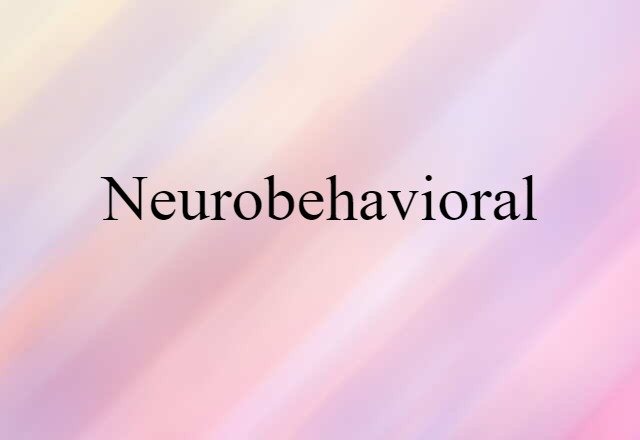- not bright; obscure from lack of light or emitted light: a dim room; a dim flashlight.
- not seen clearly or in detail; indistinct: a dim object in the distance.
- not clear to the mind; vague: a dim idea.
- not brilliant; dull in luster: a dim color.
- not clear or distinct to the senses; faint: a dim sound.
- not seeing clearly: eyes dim with tears.
- tending to be unfavorable; not likely to happen, succeed, be favorable, etc.: a dim chance of winning.
- not understanding clearly.
- rather stupid; dim-witted.
- to make dim or dimmer.
- to switch (the headlights of a vehicle) from the high to the low beam.
- to become or grow dim or dimmer.
- (in wartime) to reduce the night illumination of (a city, ship, etc.) to make it less visible from the air or sea, as a protection from enemy aircraft or ships.
- to regard with disapproval, skepticism, or dismay: Her mother takes a dim view of her choice of friends.
- (in prescriptions) one-half.
- dimension.
- diminish.
- diminuendo.
- diminutive.
- badly illuminated
- not clearly seen; indistinct; faint
- having weak or indistinct vision
- lacking in understanding; mentally dull
- not clear in the mind; obscure
- lacking in brilliance, brightness, or lustre
- tending to be unfavourable; gloomy or disapproving (esp in the phrase take a dim view)
- to become or cause to become dim
- to cause to seem less bright, as by comparison
- to switch (car headlights) from the main to the lower beam
















